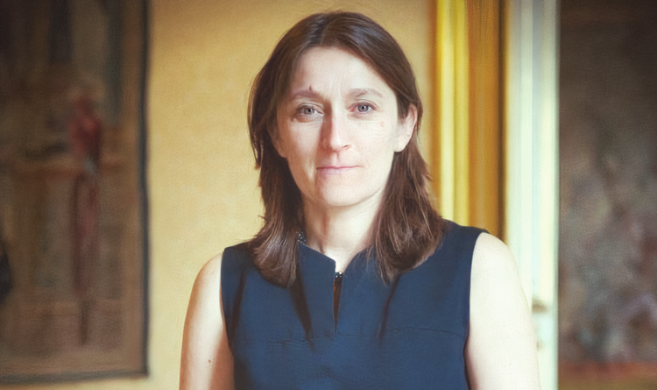What is B4IG and what is its goal?
B4IG is a global, CEO-led coalition of companies united in the belief that they have a critical role to play to ensure inclusive growth and build a more sustainable economy, and was launched at the G7 Summit in Biarritz in 2019. It includes companies such as Unilever, Danone, L’Oréal, Microsoft, Mars, Hitachi and Ricoh.
Our strength lies in our work with public and governmental partners, and our strategic partner, the OECD. We also partner with the International Labor Organization (ILO), trade unions, foundations, etc.
The challenge today is to know how companies should go about making change, while there are many pilots and talks.
The coalition aims to scale up business action on inequality, by advancing human rights, building inclusive workplaces, and strengthening inclusion in companies’ value chains and ecosystems.
The challenge today is that there are so many pilots and a lot of talk, so how should companies go about making change?
What are ways in which B4IG seeks to effect these changes?
Firstly, when it makes sense, our CEOs adopt a position or make a statement. In June 2021, for example, B4IG adopted a strong statement on the living wage, saying that companies must ensure that workers within their own organization and in their supply chains are paid a living wage.
Another important statement in connection with COP26, was adopted to highlight that companies should not forget the social dimension of their climate policies, and should anticipate, assess, and manage the negative social impacts of their actions.
Secondly, we develop tools to help companies adopt more inclusive practices. For instance, we recently published ethnic diversity and inclusion recommendations, which are concrete, practical recommendations resulting from two years of work by B4IG.
Finally, we lead actions on the ground that bring together a handful of member companies for specific projects. Last week, for example, we kicked off a project in the United Arab Emirates to ensure fair recruitment practices for migrants coming from Southeast Asia.
How have you been working with HEC researchers in recent months?
Each working group at B4IG is led by one or several member companies, and partners such as trade unions and academics participate to their meetings.
The objective of the Impact Measurement working group is to share knowledge on advanced methodologies for measuring impact and to encourage companies to pilot them. Leandro and Marieke have helped this working group assess the pros and cons of various tools and methodologies to measure the social impact of companies.
They talked about the four channels through which companies’ impact measurement can be linked to social value creation: to signal an impact purpose or orientation, to create management tools to monitor the performance of the target populations, to assess causality, and to work out welfare gains. We discussed the central problems of using impact measurement tools – that they differ across projects, vary in their ability to assess causal impact, and can have high costs.
Leandro and Marieke have also been helping us in collecting and creating a set of outcome and output indicators to cover each area of the pledge. They were based on indicators used in cutting-edge academic research on this topic, particularly research in economics.
Leandro and Marieke have also contributed to our working group focusing on helping young people access the labor market. Most companies do things to support young people, by offering, for instance, training and apprenticeships, but only a few of them measure the impact of these initiatives. The HEC team designed a questionnaire for companies to fill in and subsequently analyze their corporate policies. They provided recommendations on robust output and outcome indicators to assess the outcome of policies. This was an interesting piece of work that provided companies with the tools to evaluate the outcome of their policies.
But it’s challenging because there are several methodologies, that are more or less advanced, and companies are in very different places with respect to this. On some topics, there is a high willingness to collaborate and share valuable insights; on others, companies see a strategic interest to differentiate themselves and make progress on their own. Either way, the good news is that ever more companies recognize the need to try to improve and evaluate the social impact they have, and to be transparent about it.
The good news is that ever more companies recognize the need to try to improve and evaluate the social impact they have, and to be transparent about it.






